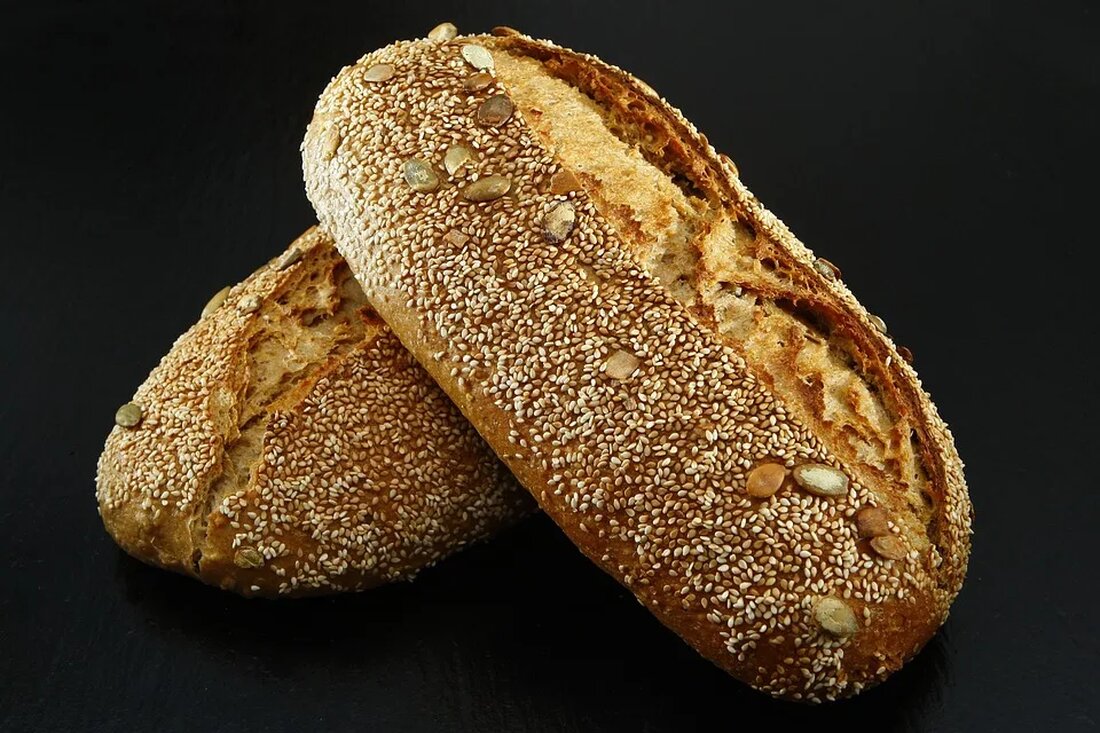Sustainability in food production
in sustainability in food production In the 21st century, awareness of environmental protection and sustainability has grown on a global level. One of the main concerns is sustainability in food production. As the world population continues to grow and scarce resources need to be protected, it is crucial to implement sustainable methods in food production. Definition of Sustainability in Food Production Sustainability in food production refers to the pursuit of producing food in a way that protects the environment while ensuring food security. Key principles include conservation of natural resources, minimal use of harmful chemicals and respect for animal welfare. …

Sustainability in food production
in sustainability in food production
In the 21st century, awareness of environmental protection and sustainability has grown on a global level. One of the main concerns is sustainability in food production. As the world population continues to grow and scarce resources need to be protected, it is crucial to implement sustainable methods in food production.
Definition of sustainability in food production
Sustainability in food production refers to the pursuit of producing food in a way that protects the environment while ensuring food security. Key principles include conservation of natural resources, minimal use of harmful chemicals and respect for animal welfare.
Importance of sustainability in food production
In the context of global climate change and increasing environmental pollution, sustainable food production plays a crucial role. According to a study by the United Nations Food and Agriculture Organization (FAO), food production alone is responsible for 26% of global greenhouse gas emissions.
Resource conservation
Sustainable farming methods aim to conserve natural resources by reducing water consumption, avoiding synthetic pesticides and fertilizers, and promoting biodiversity.
Food security
Another important aspect of sustainability in food production is food security. It's about producing enough healthy food to feed the world's growing population without exploiting the environment.
Methods of sustainable food production
There are a number of proven sustainable methods in food production that both provide high yields and benefit the environment.
Organic farming
Organic farming minimizes the negative impact on the environment by avoiding synthetic pesticides and fertilizers. Instead, she uses natural methods of pest control and soil improvement, such as rotating crops, using compost and creating habitats for beneficial insects.
Permaculture
Permaculture is a holistic approach to sustainable food production based on the principle of working with nature rather than against it.
Aquaponics and hydroponics
Aquaponics and hydroponics are innovative methods of sustainable food production that significantly reduce water consumption. Aquaponics uses the waste from aquacultured fish as fertilizer for plants, while hydroponics allows plants to be grown in water-filled nutrient solutions.
Challenges of sustainability in food production
Although the benefits of sustainable methods in food production are clear, there are also challenges that must be overcome.
Economic profitability
One of the main reasons why many farms have not yet switched to sustainable methods is economic viability.
Access to technologies and markets
Small farmers, especially in developing countries, often lack access to the technologies and markets needed to transition to sustainable practices.
Conclusion
Sustainability in food production is a complex task that requires a lot of commitment and innovation. However, it is essential to ensure long-term food security while protecting the environment. With the right strategies and investments, we can pave a sustainable path to the future of food production. It is our responsibility to embark on this path and move forward.

 Suche
Suche
 Mein Konto
Mein Konto
